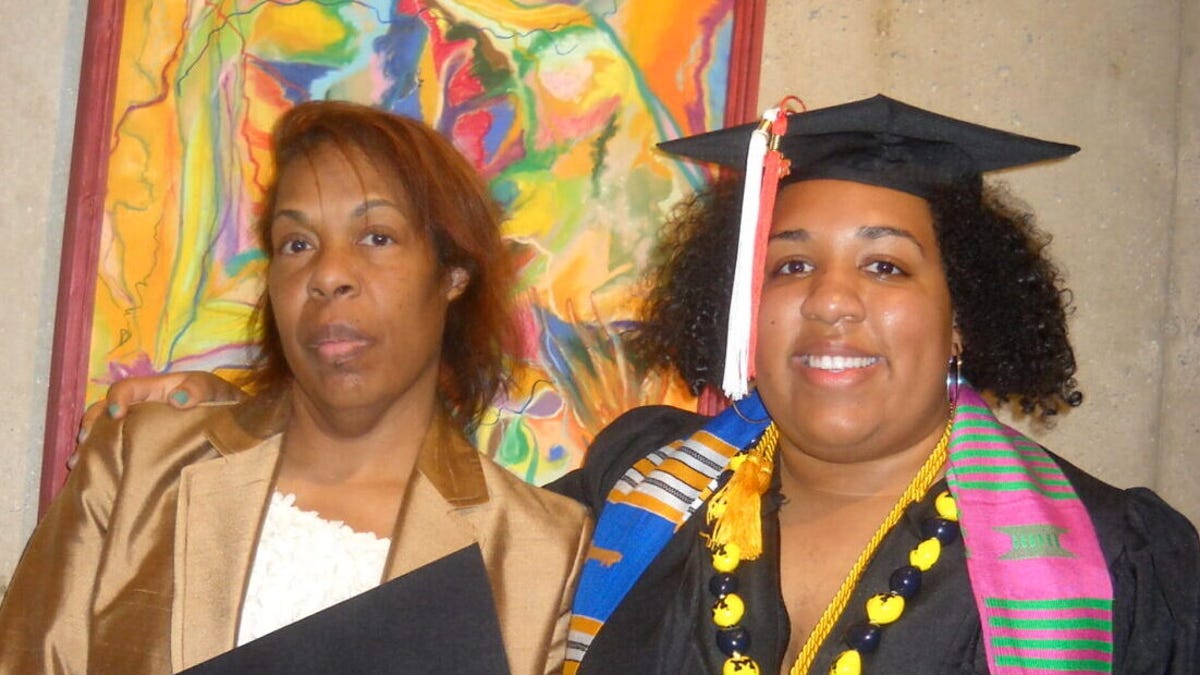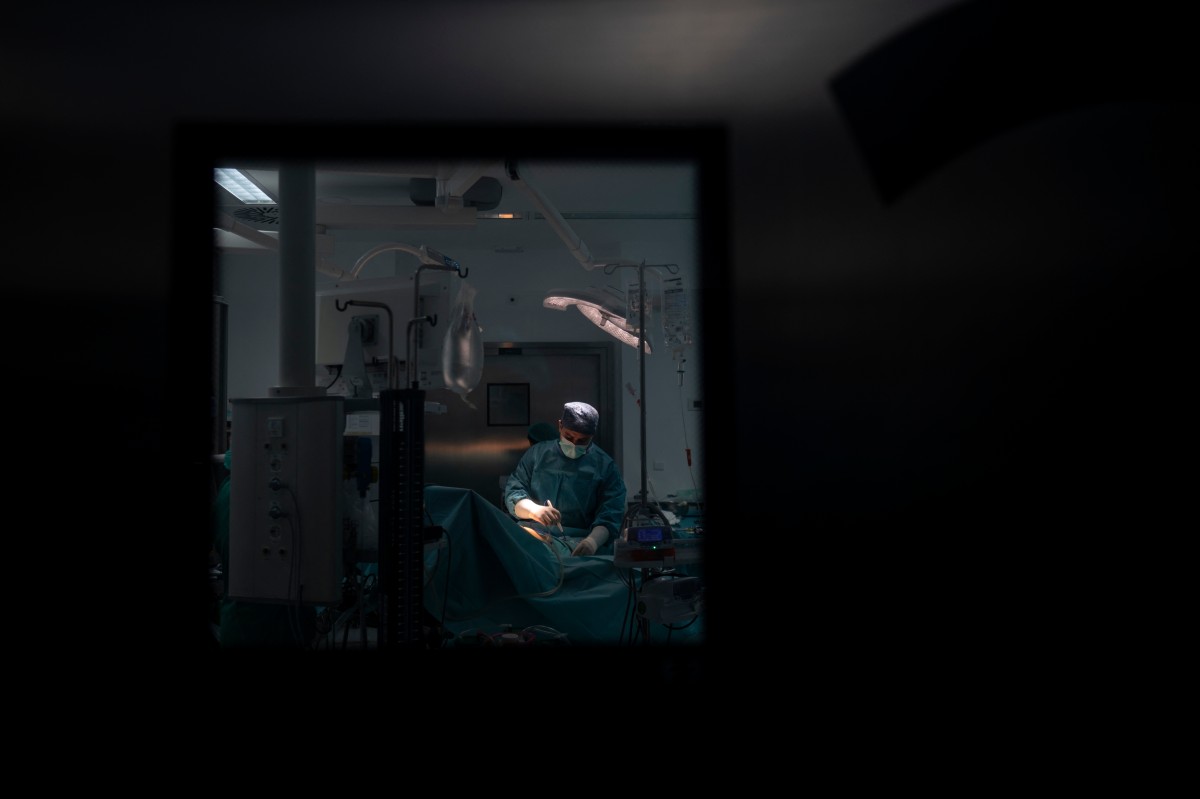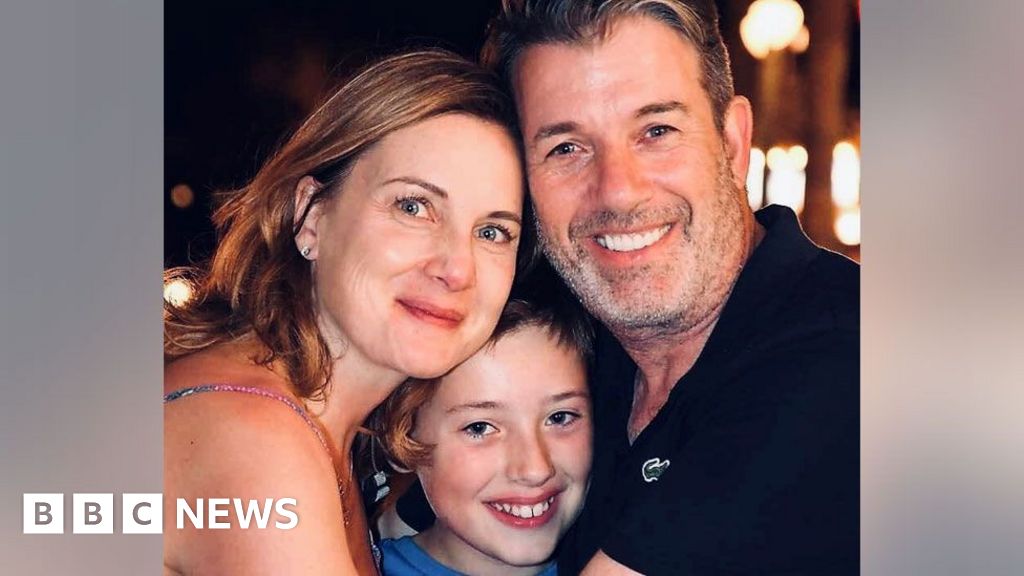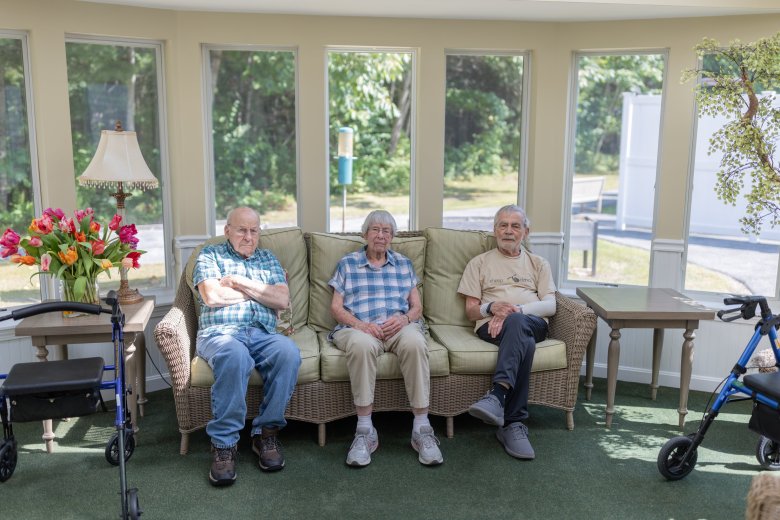A daughter carries her mother’s legacy forward through organ donation advocacy

Organ donation has been part of Jalynn Lassic’s life since she was a teenager.
Her mother, Linda Sherman Lassic, a Type 1 diabetic, became gravely ill in 2003. By the time she arrived at the Mayo Clinic, doctors told her she had just six months to live without a kidney transplant. Jalynn watched her father, Dr. Jimmie Lassic, step forward as a living donor, giving her mother the gift of life in April 2006.
“Organ donation gave my mother six years onto her life,” Jalynn said. “She would not have been able to see me graduate from high school, not been able to see me graduate from Michigan. She sat on the Mary Free Bed Rehabilitation Hospital Guild up until her death, assisted the church food pantry, was active in our Sorority, Alpha Kappa Alpha Sorority Inc., youth group. All those things couldn’t have happened if my mother didn’t get that kidney transplant.”
In 2012, Linda was once again in the hospital. Jalynn knew that her mother was not going to recover. She reached out to her medical team, knowing being an organ and tissue donor was something very important to her mother.
Linda was not able to become an organ donor, but through tissue donation, she helped heal the lives of 49 others. “I said, whatever you can take from her, please do,” she said. “She wanted to give back to help others. My mother was able to become a tissue donor.”
“I received a card from one of her recipients.” Jalynn shared. “It was beautiful. I used that card and my mother’s story to help get more people to become registered donors. Unfortunately, in the Black community for a long time, there was a lot of misconceptions about organ donation … we’re working to dispel that.”
Before her mother’s passing, Jalynn had planned on a career in law and politics. “I was supposed to be working for the Obama 2012 Presidential Campaign,” she said. “When my mother died, I needed something to do with myself.”
She began helping at a funeral home in Grand Rapids, doing “light work, gardening, washing cars, working wakes,” and discovered she had a gift for comforting grieving families. That experience, combined with her frustration over the barriers her mother faced to becoming an organ donor, inspired a new path.
“I wrote about it in my essay [to mortuary school],” Jalynn said. “The reason why I want to be an undertaker is because we need more people like me on the front lines having an advocate for organ donation.”
Today, Jalynn works at the University of Michigan and Verheyden Funeral Homes. She continues to share her parents’ story through volunteering with the Michigan Donor Family Council and encourages others to consider joining the Michigan Organ Donor Registry. She has become a strong voice for collaboration between funeral directors and organ procurement organizations like Gift of Life Michigan.
“At the end of the day, funeral directors are supposed to be honoring lives,” she said. “And a part of honoring that life is if they indicated they wanted to be a donor, the funeral home needs to do as much as they can to make sure that happens.”
More than 2,600 patients in Michigan are waiting for a lifesaving organ transplant. The best way to save lives is by learning about organ donation and then by joining the Michigan Organ Donor Registry at golm.org/signup.
Learn more at golm.org/about-donation.
Members of the editorial and news staff of USA TODAY Network were not involved in the creation of this content.
link




